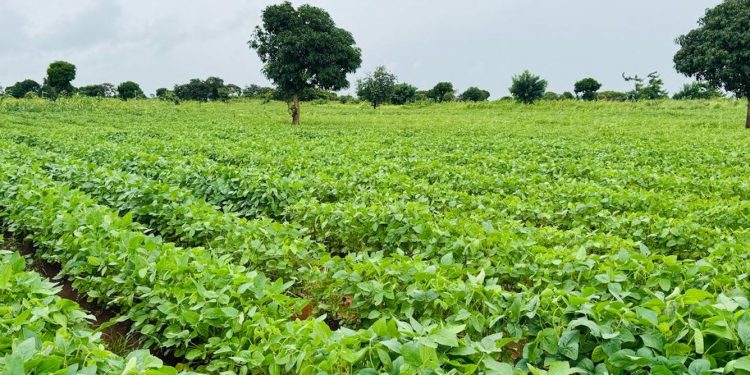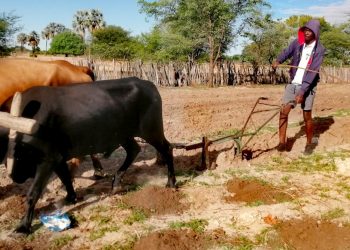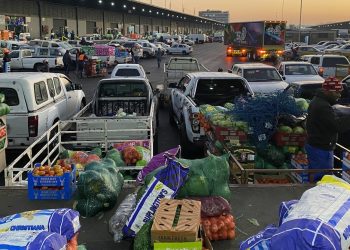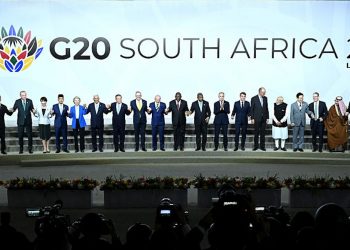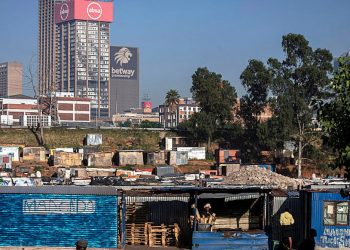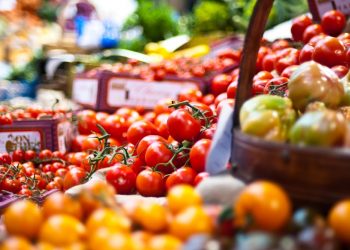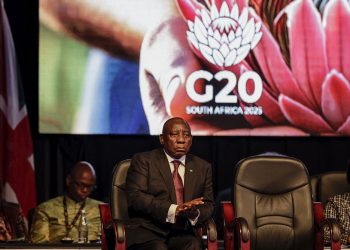Countries in east and southern Africa have continued to experience high and volatile food prices despite good harvests in 2025. This is especially alarming as climate-related weather shocks will be deeper and more frequent.
Yet the region does not lack the potential to expand agriculture. Parts of the region have abundant arable land and water resources.
The G20 Food Security Task Force convened by South Africa as part of its G20 presidency has recognised the wide and persistent extent of hunger and malnutrition in most sub-regions of Africa. The task force highlighted excessive price volatility and food inflation despite sufficient global food production.
It affirmed:
the commitment to facilitate open, fair, predictable, and rules-based agriculture, food and fertiliser trade and reduce market distortions.
Evidence from the African Market Observatory, however, points to action – not words – being required. The prices for food products such as maize meal, rice and vegetable oil are very high across the region. So are those of inputs such as fertilizer.
The African Market Observatory provides market information, including prices, for key food products at the wholesale and producer levels in east and southern Africa. This data is essential in evaluating whether prices are fair and markets are working well for smaller producers and other market participants.
Countries in east and southern Africa have a combined population of over 600 million. As a whole the region is a substantial net importer of staples such as wheat, rice and vegetable oil. This despite the potential for the region to expand production.
But to expand production, countries would need to develop sustainable agro-industrial strategies. Such strategies include initiatives to improve yields, value-adding and the creation of fair regional markets. Improved water management and farming methods are essential along with investing in storage, logistics and processing.
Countries would also need to address the issue of agricultural commodity markets in the region. The variance in commodity prices across the region are evidence that markets are working very badly.
Prices vary across countries
Maize prices vary tremendously across the region, with extremely high prices in Kenya and Malawi. This should not be the case. When production from other parts of the region is taken into account, the region has more than enough maize to meet demand. There have been good rains this year after El Nino affected countries like Malawi and Zambia in 2024.
Prices in Kenya have been above US$450/tonne while prices in Zambia from April to June 2025 after the harvest were around US$200/tonne. Tanzania and Uganda have also had good harvests with prices under US$300/tonne in producing areas. Transport costs can account for around US$80/tonne of the difference, at most (less from Uganda and Tanzania).
Zambia maintained export restrictions until August, which meant farmers received low prices and the traders who bought up the harvest made windfall profits when the restrictions were lifted.
There have been similar differences in soybeans between what farmers receive and prices paid by customers. Soymeal from beans is essential for animal feed to expand poultry and fish farming to improve nutrition of low-income households.
An inquiry in 2024 by the Competition Authority of Kenya into animal feed identified obstacles in cross-border markets. The government opened up to soymeal imports from India to provide an alternative source and prices fell 20% in early 2025. Kenya is surrounded by countries that could and should be ramping up their own soybean production for expanded regional trade.
Solutions
It bears repeating, east and southern Africa is the best area in the world to expand production of crops such as maize and soybean. The expansion would mean some of the lowest instead of the highest prices internationally and lay the foundation for downstream food processing.
The G20 ministers adopted the African philosophy of ubuntu, “I am because you are”, to envision food systems which recognise interdependence across communities, borders and generations.
It means a complete change from the current situation where countries practise “beggar thy neighbour” policies such as restricting trade when a neighbour is facing drought.
Market monitoring is a crucial part of rebuilding cooperation instead of division. The G20 points to the Agricultural Market Information System, an inter-agency platform to enhance food market transparency and policy response for food security launched in 2011 by G20 Ministers of Agriculture. The platform provides data on global food supply and prices. But the platform has no data on markets in sub-Saharan African countries except South Africa and Nigeria.
Without data, countries can’t address hunger and food insecurity. As shocks become more frequent and severe, this work needs to massively accelerate.
Our analysis of market outcomes and factors influencing prices points to a straightforward set of measures.
First, regional monitoring of food markets is essential to guard against market manipulation. Monitoring needs to cover pricing, trade flows and associated barriers, and changes in market structure for a more robust understanding of markets. It is especially important in light of climate-related shocks.
Second, improved governance of food value chains to address food security and supply needs to be accompanied by enforcement of clear rules against abuse of company power that transcends national borders. Competition authorities need to be effective referees.
Third, investments in infrastructure such as storage facilities and appropriate irrigation are essential to adapt to the effects of climate change, improve resilience and yields, and safeguard against volatile markets.
Fourth, financing should be mobilised for small and medium scale producers who form the backbone of agricultural production across the region.
A critical question, of course, is about the political will to take these measures forward.
Grace Nsomba acknowledges funding from the Shamba Centre for Food and Climate, Open Society Foundation, COMESA Competition Commission and Competition Commission South Africa for research on food and agriculture markets.
Simon Roberts acknowedges funding from the Shamba Centre for Food and Climate, Open Society Foundation, COMESA Competition Commission and Competition Commission South Africa for research on food and agriculture markets.

